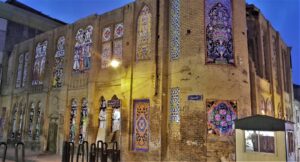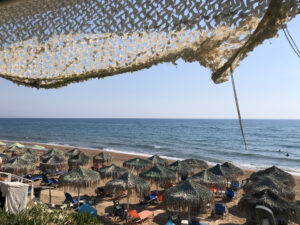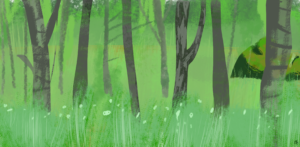By WONG KOI TET
Translated from Chinese by SHANNA TAN
 Dakota Crescent, Singapore
Dakota Crescent, Singapore
The body of water that runs by the neighborhood is in fact a river, but everyone used to call it longkau—a storm drain. The Hokkien word has a crispier edge than the Mandarin longgou. Calling it a river would require a proper name, a division into upstream and down. Nobody knew about that stuff, so we went with what was the easiest. Anyway, a name is just a name, and it was kind of endearing after you got the hang of it. The neighborhood does have a proper name: Dakota. There’s a place called Dakota somewhere up north in the States, but that’s not what we’re named after. No, our origin story is local and commemorates the crash of a Dakota DC-3 aircraft nearby. Maybe by giving the neighborhood a name tinged with disaster and exoticism, we were also foretelling its premature demise.









 Dakota Crescent, Singapore
Dakota Crescent, Singapore









